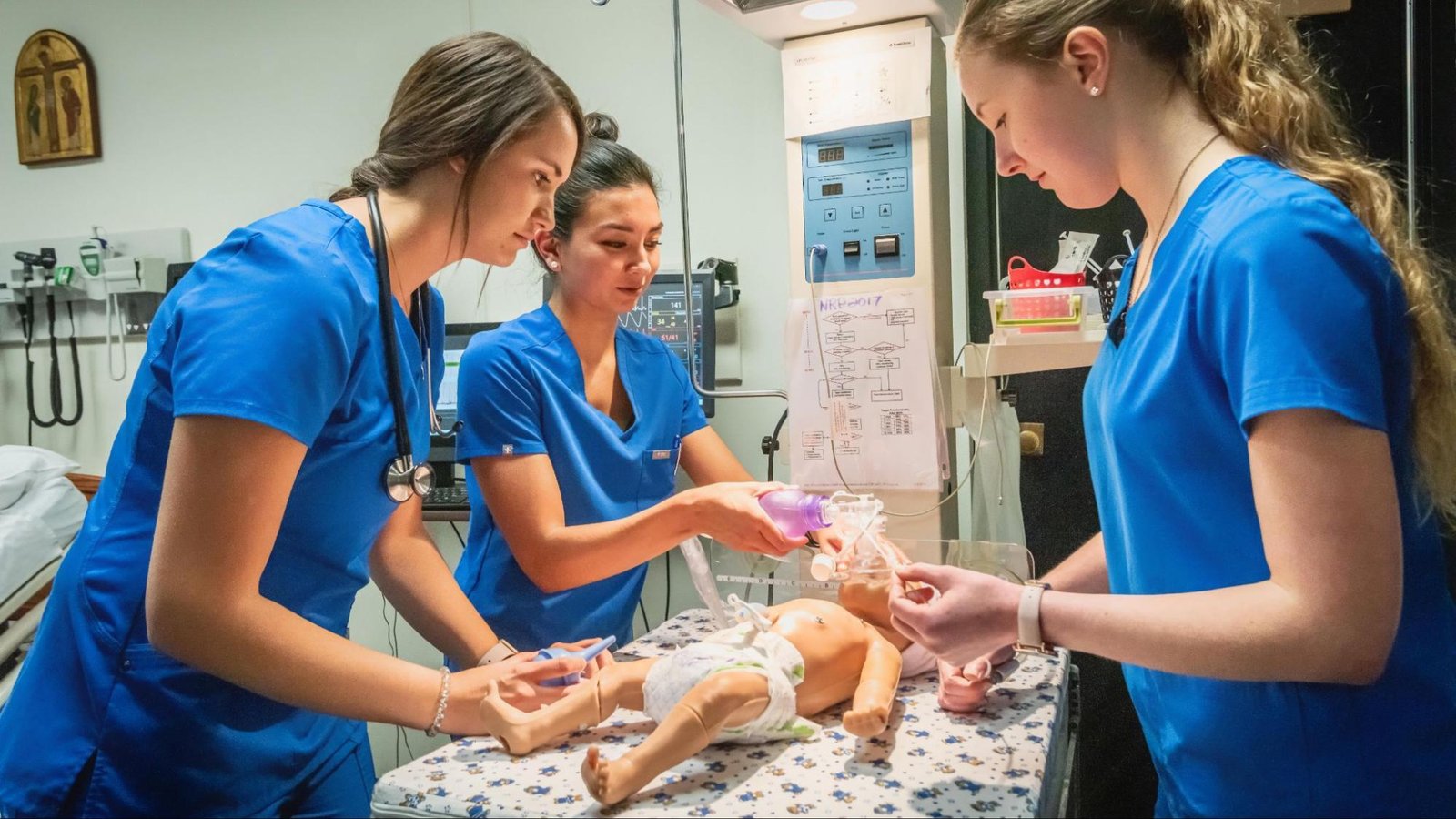Today our topic of discussion is Universal Precautions Apply to the Following Body.
Universal Precautions Apply to the Following Body

Universal Precautions Apply to the Following Body
- Blood
- Semen and vaginal secretions.
- Cerebrospinal fluid (CSF)
- Synovial fluid.
- Pleural fluid.
- Pericardial fluid.
- Amniotic fluid.
The Center for Disease Control (CDC) recommends the procedure called Standard Precautions which includes the following:
- All healthcare workers should routinely use appropriate barrier protection to prevent skin and mucous membrane exposure when contact with blood or body fluids is anticipated. Gloves must be worn during phlebotomy and changed after contact with each patient. Masks, protective eyewear, face shields, and/ or gowns should be worn as indicated when there is a potential for splashing or splattering of blood and/or body fluids.
- Wash hands immediately if contaminated with blood or body fluids and after removing gloves.
- Take the necessary precautions to prevent injuries caused by needles, scalpels and other sharp instruments. Sharp items must be placed in a puncture-resistant container.
- Mouth pieces, resuscitation bags, or other ventilation devices should be available for use in areas in which the need for resuscitation is predictable.
- Healthcare workers with exudative lesions or weeping dermatitis should cover those areas with an occlusive bandage.

- Pregnant healthcare workers are not known to be at any greater risk of contracting HIV infection than those who are not pregnant. Because the infection can be transmitted perinatally.
- Pregnant healthcare workers should be especially familiar with and strictly adhere to precautions t minimize the risk of acquiring HIV or Hepatitis B.
- Immunization of employees is required for infectious agents (measles, mumps, rubella) transmitted by air.
